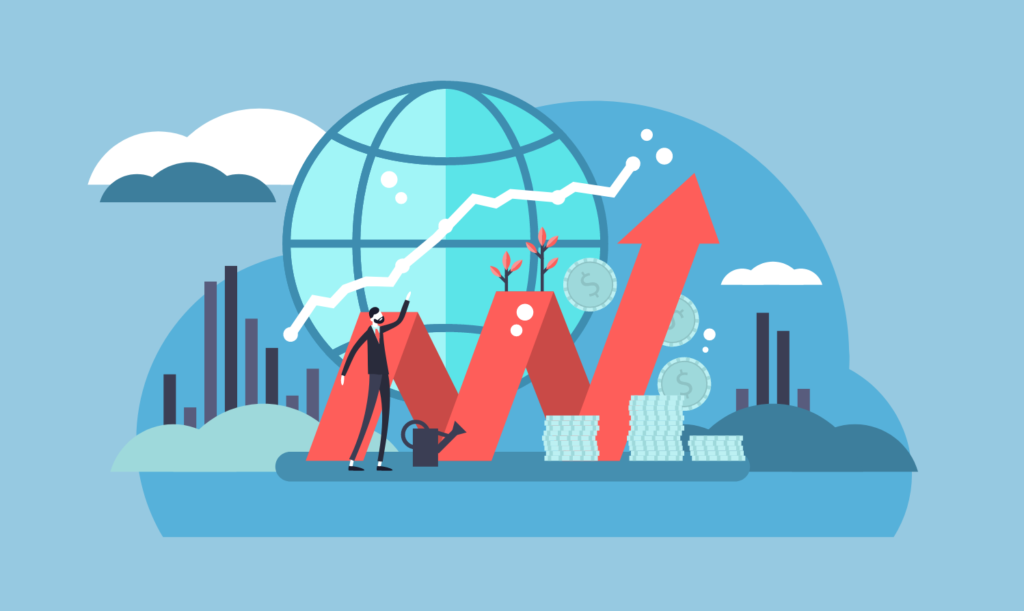
Originally posted on Bloomberg
By Eric Krebs
-
Greater efficiency could lift GDP in EU, U.K. and U.S. by 1.5%
-
Benefits may be even bigger in developing countries like India
The lack of thorough and accessible financial data is holding back economies across the world, and breaking down barriers in sharing that information could boost gross domestic product by as much as 1.5% in the European Union, U.K. and U.S., according to McKinsey Global Institute.
Consumers, businesses and banks would all stand to benefit from an “open-data ecosystem,” a centralized, secure infrastructure that’s designed to improve the breadth of shared financial information, McKinsey researchers said in a report released Thursday. The goal would be to expand the amount of exchanged data and standardize how it’s passed around.
Consumers, businesses and banks would all stand to benefit from an “open-data ecosystem,” a centralized, secure infrastructure that’s designed to improve the breadth of shared financial information, McKinsey researchers said in a report released Thursday. The goal would be to expand the amount of exchanged data and standardize how it’s passed around.
Access to financial information, from credit scores and payroll records to interest rates for mortgages and savings accounts, is a critical component of day-to-day activity on both Wall Street and Main Street. Smoothing out inefficiencies in exchanging that data could yield a GDP boost of 1% to 1.5% in developed economies and as much as 5% in developing economies like India, according to the McKinsey report. In 2016, International Business Machines Corp. put a dollar figure on the yearly cost of bad data in the U.S. due to errors and lost time: $3.1 trillion.
“Data is like sunshine, it’s not like oil -- multiple people can profit from it,” Olivia White, a senior partner at McKinsey and co-author of its report, said in an interview. “What we see here is a real pie-growing opportunity.”
Some countries and financial institutions are already taking steps to open up their data. In 2018, the U.K. launched a system that lets individuals and businesses enter their information into a central portal that connects them to an array of service providers and products. In India, the IndiaStack platform links governments and firms with tools for identification, payment processing and data exchange. Some of the biggest U.S. banks, including JPMorgan Chase & Co., Wells Fargo & Co., U.S. Bancorp and others, are planning to exchange customer data as way to verify the creditworthiness of applicants who lack a credit score.
The economic value unlocked through open-data platforms comes from increased efficiency in exchange, fewer mistakes and helping products reach individuals and businesses who might otherwise be excluded, said Anu Madgavkar, a co-author of the McKinsey report. As recent U.S. cyberattacks have shown, however, protecting user data is crucial to get buy-in from consumers and businesses alike.